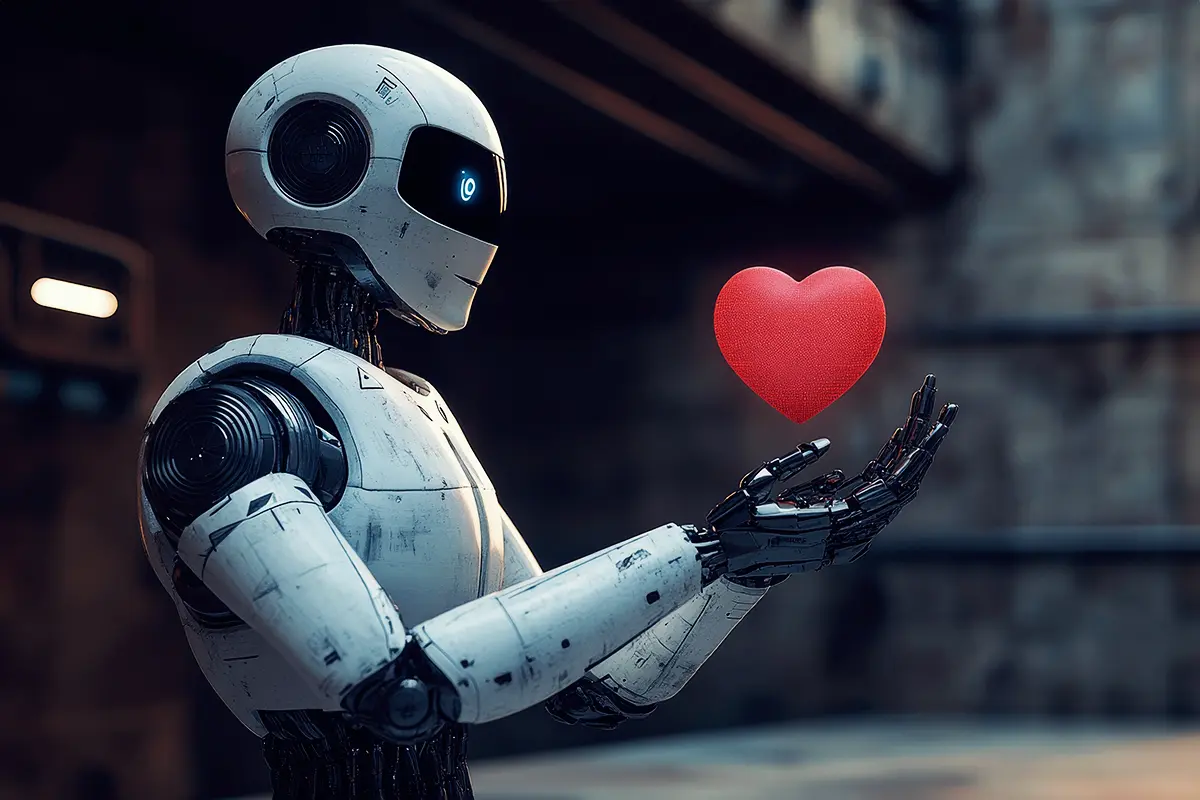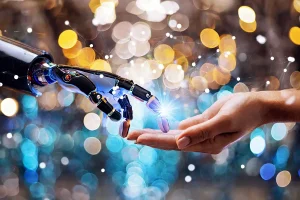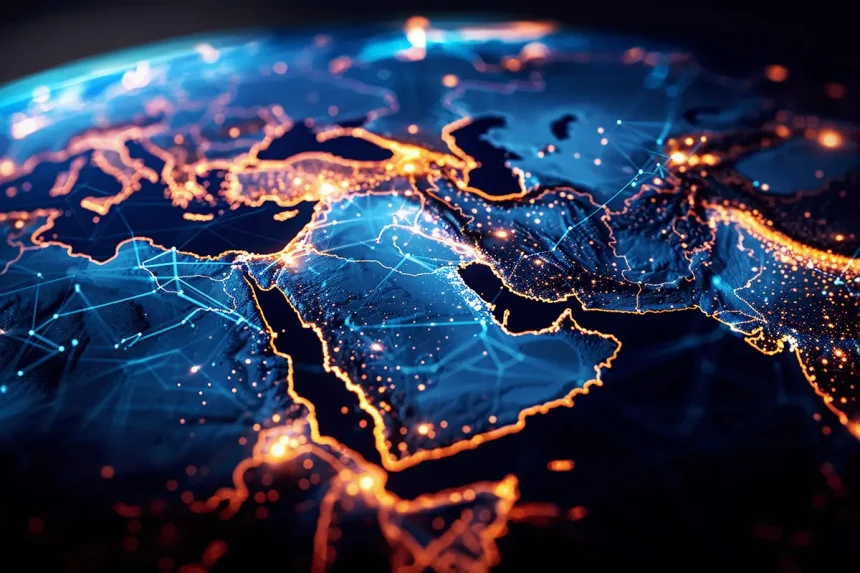Imagine a world where your grandmother’s closest companion is a robot. A world where artificial intelligence monitors your aging father’s every move, anticipating his needs before he even voices them. This isn’t science fiction—it’s the cutting edge of eldercare, and it’s happening right now. But as AI caregivers become more prevalent, we’re faced with a profound ethical dilemma: Can machines truly care? What happens to the human touch in a world of robotic nurturing? And perhaps most chillingly, are we prepared for the emotional consequences of outsourcing our loved ones’ care to algorithms?
Welcome to the brave new world of AI caregivers, where the cold logic of machines meets the warm complexity of human emotions, and where the very nature of care itself is being redefined before our eyes. Brace yourself—we’re about to unravel one of the most pressing ethical challenges of our time.
Overview
- AI caregivers are revolutionizing eldercare with /monitoring and support.
- Emotional implications of robotic care raise concerns about human connection.
- Ethical dilemmas include privacy, autonomy, and equitable access.
- Balancing human touch with technological efficiency is crucial.
- Global adoption of AI caregivers varies, impacting care standards worldwide.















